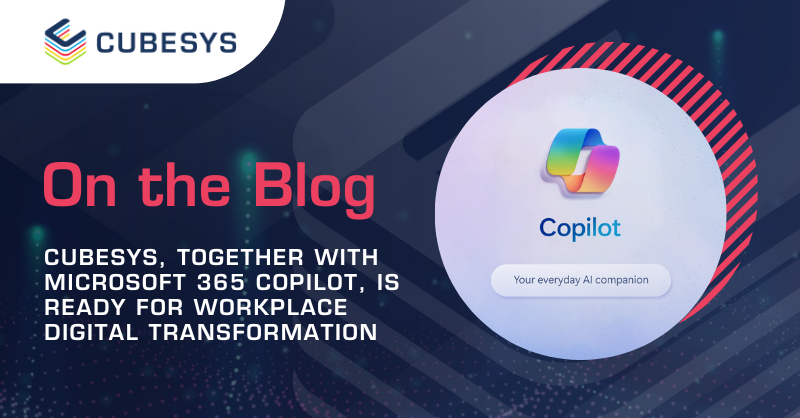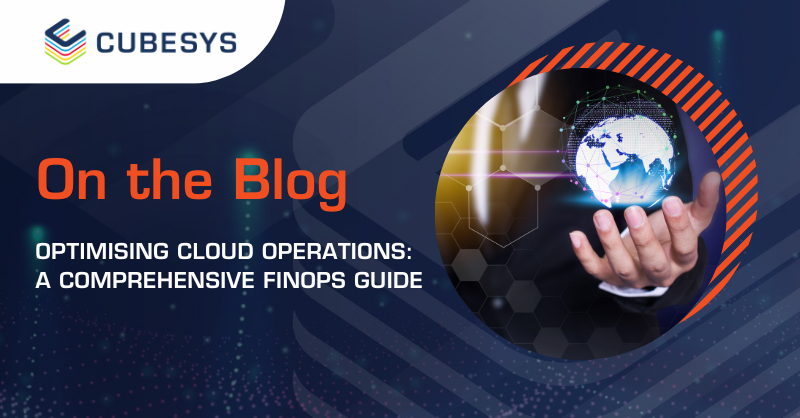Rethinking virtual desktops as Citrix ends perpetual licensing
For decades, Citrix has been the default platform for delivering virtual desktops – now that’s about to change.
Copilot for Microsoft 365 is transforming how teams write, collaborate, and automate work. By embedding generative AI into Word, Excel, Teams, Outlook, and the broader Microsoft 365 ecosystem, it promises significant productivity gains. But while most conversations focus on benefits and pricing, small and mid-sized businesses (SMBs) must look deeper at what’s not being said.
Beyond licensing, data privacy or AI hype, there are deeper operational and strategic risks that are often missed, especially for resource-stretched organisations.
Here are five of the lesser-known risks that SMBs need to be aware of before deploying Copilot for M365.
Copilot for M365 pulls insights from your organisation’s existing Microsoft 365 data including SharePoint, OneDrive, Teams and Exchange. For SMBs without structured information management, this can quickly lead to problems. Copilot may draw from outdated policy documents, version-conflicted files, orphaned projects or duplicate information, all of which degrade the quality of responses.
Many SMBs rely on shared drives or user-created structures without formal taxonomy or governance. The result? Inconsistent AI-generated content, irrelevant document drafts and misleading summaries that create more review work than they save.
Before enabling AI tools like Copilot, SCIA worked with cubesys to clean up and govern their Microsoft 365 environment. By modernising file access and collaboration structures, they ensured their data was AI-ready — not a liability.
Takeaway: Copilot for M365 is only as smart as the data it accesses. Disorganised or incomplete data will be reflected and amplified in its responses.
Copilot for M365 empowers users to work more efficiently — summarising emails, suggesting content and surfacing insights. But this increased autonomy can lead to uncoordinated process changes. Employees may initiate unsanctioned automations or data-driven actions inspired by Copilot outputs, especially when using connected tools like Power Automate or Power BI. Without clear policy boundaries or approval workflows, sensitive communications and reports may be created outside formal governance.
In smaller teams, where individuals wear multiple hats, it's easy for Copilot-enabled processes to escape oversight. This creates fragmented automation that is undocumented and insecure. Worse, without change control, these workflows can continue operating long after the people who created them have left the business.
Takeaway: SMBs with minimal governance are especially vulnerable to fragmented, undocumented automation.
One of the hidden risks of Copilot for M365 is that it can deepen knowledge silos without intention. If certain departments adopt Copilot more actively than others, they gain faster access to insights and content. But when those outputs are not shared or standardised across the organisation, it results in uneven knowledge flow and duplicated effort.
Copilot-generated documents, ideas or reports may not follow existing templates or be stored in shared knowledge hubs. As a result, vital context or intellectual property remains locked within a specific team or even individual user’s workspace.
Takeaway: For SMBs that rely on agility and cross-functional collaboration, siloing slows decision-making and weakens organisational intelligence.
Copilot for M365 is not a standalone app, it is an embedded capability across Microsoft 365. As SMBs begin experimenting with Copilot for M365 in Teams, Excel, Outlook and Word, demand quickly spreads to include Power Platform, Viva, Loop and more. This rapid adoption curve can overwhelm internal IT teams who are already balancing infrastructure, security and support.
Small IT teams are often unprepared for the volume of queries, integration complexity and change management that Copilot for M365 introduces. Requests may include access policies, data exclusions, third-party plugin reviews or security assessments, all of which require time and specialised knowledge.
Takeaway: Without a Copilot operating model, SMBs may find themselves reacting to AI demand instead of leading it strategically.
The most under-discussed risk is that Copilot for M365 becomes just another tool, instead of a strategic enabler. Many SMBs roll out Copilot without connecting it to broader business goals or transformation strategies. It gets used for emails and meeting summaries, but its potential to reshape customer engagement, finance, HR, or service delivery is never explored.
This creates a missed opportunity to modernise how the business operates. AI becomes a surface-level enhancement rather than a force multiplier for strategic growth.
Takeaway: To realise meaningful ROI, Copilot must be integrated into core processes, KPIs, and change programs, not just individual productivity habits.
At cubesys, we work with SMBs to ensure Copilot for Microsoft 365 adoption is not only secure and technically sound but also aligned to business outcomes. Our approach starts with readiness assessments to clean and govern your Microsoft 365 data estate because we know that good data leads to great AI results.
We design and implement governance frameworks that protect your information, prevent shadow automation and enable your teams to collaborate responsibly with AI.
Our AI enablement services are tailored for SMBs. Whether you are navigating Microsoft licensing, setting up pilot groups, aligning Copilot with customer experience or building a scalable support model, our team brings deep Microsoft 365 expertise, automation capability and real-world delivery experience across sectors including government, health and not-for-profit.
We help you avoid the silent risks so you can focus on the strategic rewards.

For decades, Citrix has been the default platform for delivering virtual desktops – now that’s about to change.

According to a recent Deloitte survey, 73% of organisations using AI tools like Copilot have reported a significant improvement in business...

Panel Discussion: Navigating the FinOps Journey | REPLAY
.png)